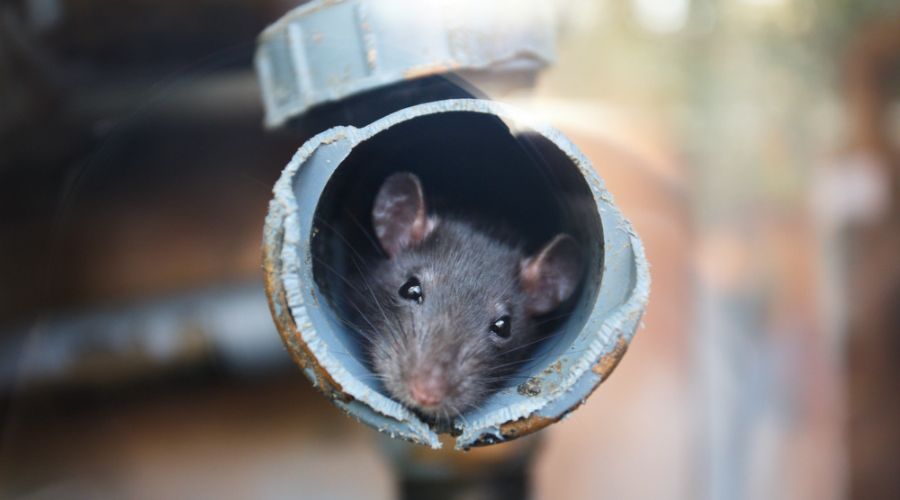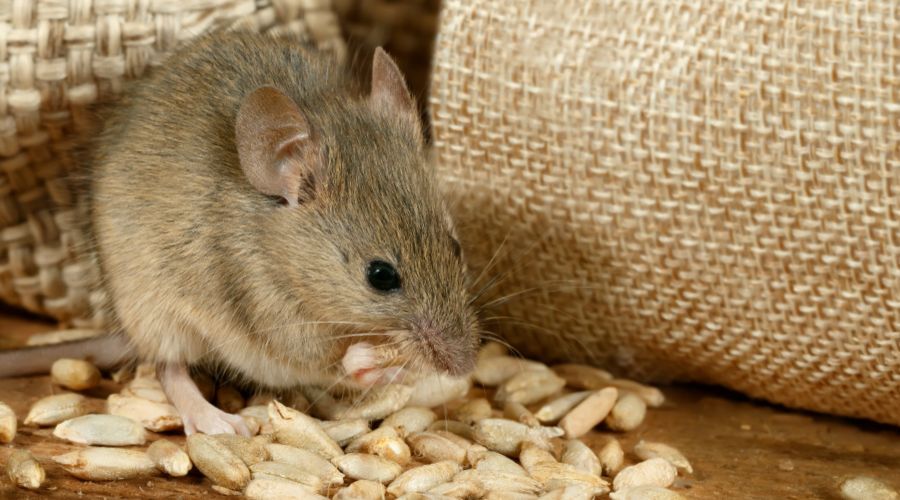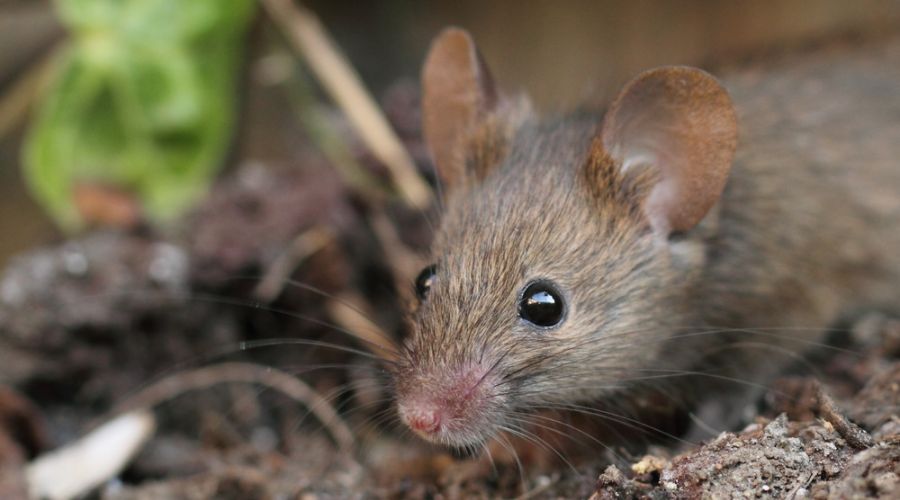If you’ve got mice in your home in Forney, you’ll notice clear signs. These rodents might be small, but they can do serious damage. Mice leave droppings, chew on food packaging, and create holes in drywall and flooring. They multiply incredibly quickly, so you must act fast.
Along with destroying property, mice also spread diseases and pose risks to health and safety. It’s important to have pest control provide a treatment that removes the pesky animals from your home before they cause severe damage.
How Many Mice Do You Have?
Unfortunately, it’s tough to tell how many mice you’ve got in your home. But, if you find one mouse, you’ve probably got at least two. If you’ve found two mice, you could have more because they reproduce quickly.
When you see mice during the day, you most likely have a nest full of them. Mice are usually active at night, so if you see one during the daylight hours, it might be looking for a new place to sleep. Nests may have up to 20 mice, and mice have up to a dozen babies annually.
The easiest way to find mice in your home is to track the trail they leave behind. Follow their droppings and look for chewed items. Mice use cardboard and soft items to make comfortable nests, so if you see these, you’ve found the nest. An experienced pest control company can identify a minor, major, or severe infestation.
How Do Mice Enter Your Home?

Mice can fit through gaps the size of a nickel, so they can crawl in your home through very small spots. They enter through attached garages, chimneys, cracks in your home’s foundation, and through gaps in your doors and windows. They also come in through corner posts, gutters, plumbing pipes, waterspouts, and utility line entrances.
After inspecting your home for potential entry points, seal them up so mice and other household pests cannot get in.
Damage Mice Cause
Mice cause significant visible and structural damage to homes and property.
Damage to Structures & Valuables
Mice have front teeth that never stop growing. To keep them short, mice gnaw on anything they can find. They chew on household items to build their nests, so they cause serious damage to:
- Wiring and insulation
- Heirlooms and valuable items in attics and basements
- Upholstery and curtains
- Paper and boxes
Landscape Damage

Mice can also damage landscaping. They chew on the bark of young trees and eat young plants and newly planted seeds. They also eat fruit and vegetable plants. Mice carry pathogens and bacteria so anything they touch is not safe for consumption.
Health and Safety Risks
Mice carry and transmit different diseases and parasites, which can spread diseases like:
- Salmonellosis (food poisoning)
- Rickettsialpox
- Lymphocytic choriomeningitis (LCM)
- Leptospirosis
These rodents can also cause the hantavirus, which is a respiratory disease with a 38% mortality rate.
Mice also carry parasites like tapeworms, ticks, and fleas. All of the pathogens and bacteria can get on human food, pet food, and food packaging. They also trigger allergies and asthma when they leave their droppings, fur, and urine around the house. Dead mice can be just as hazardous as dealing with live mice.




